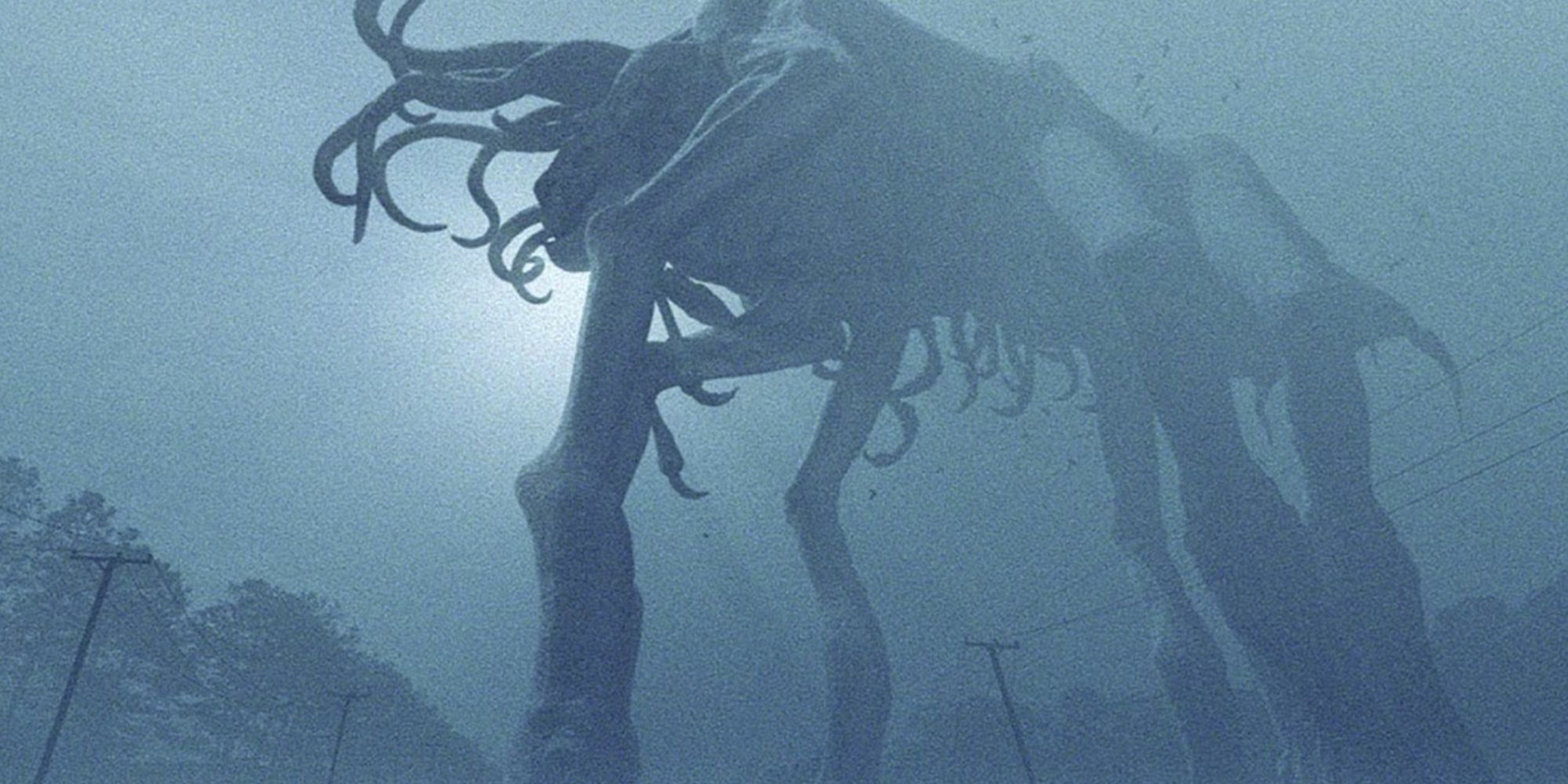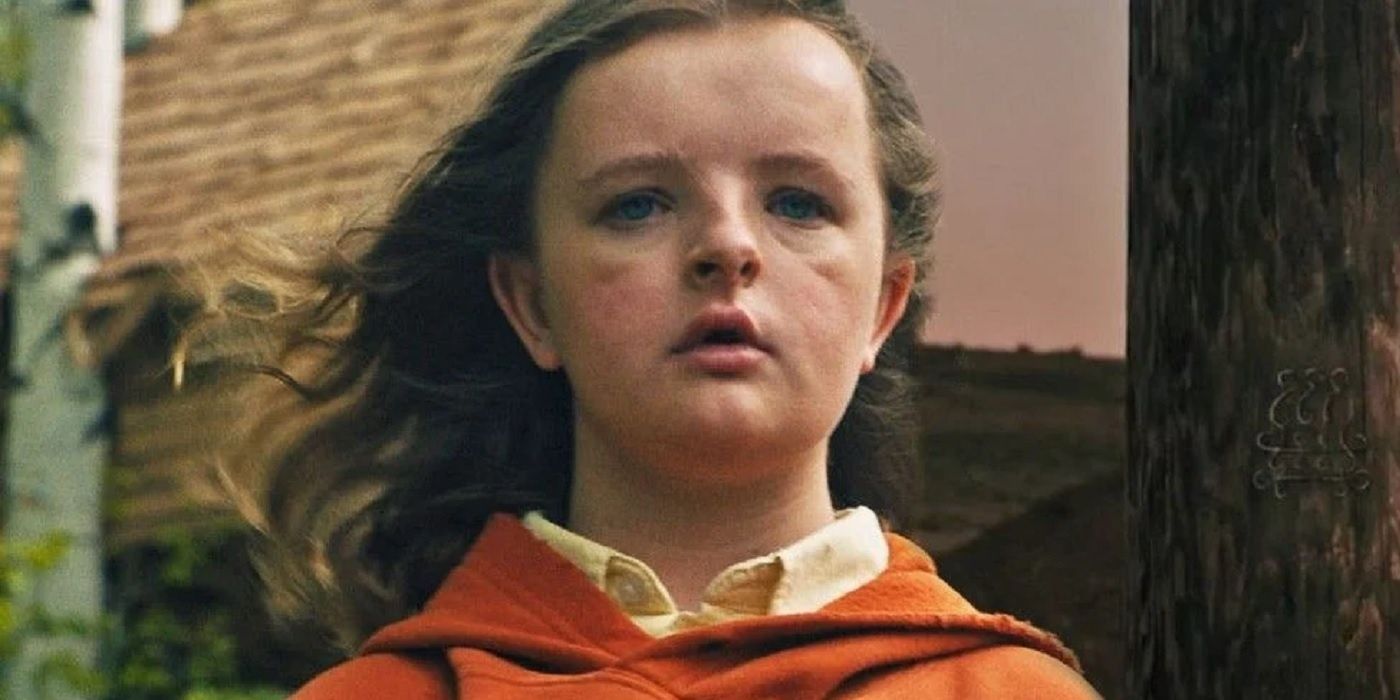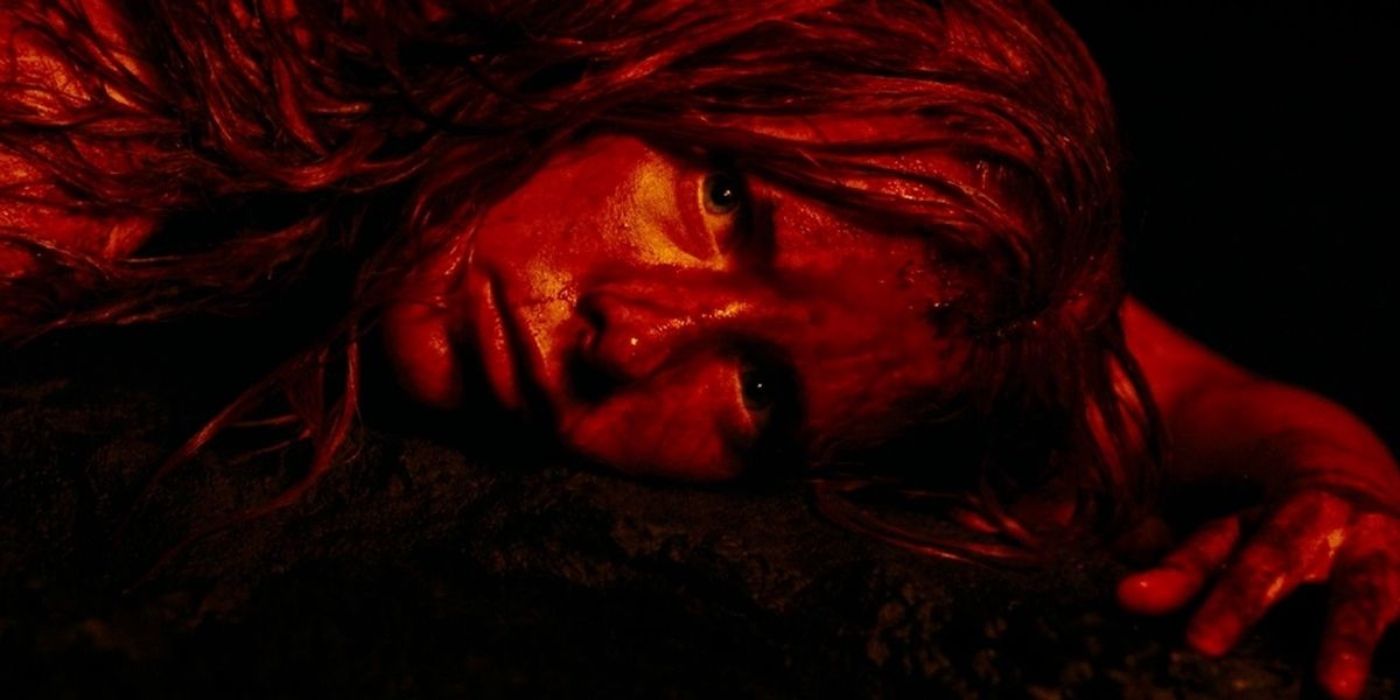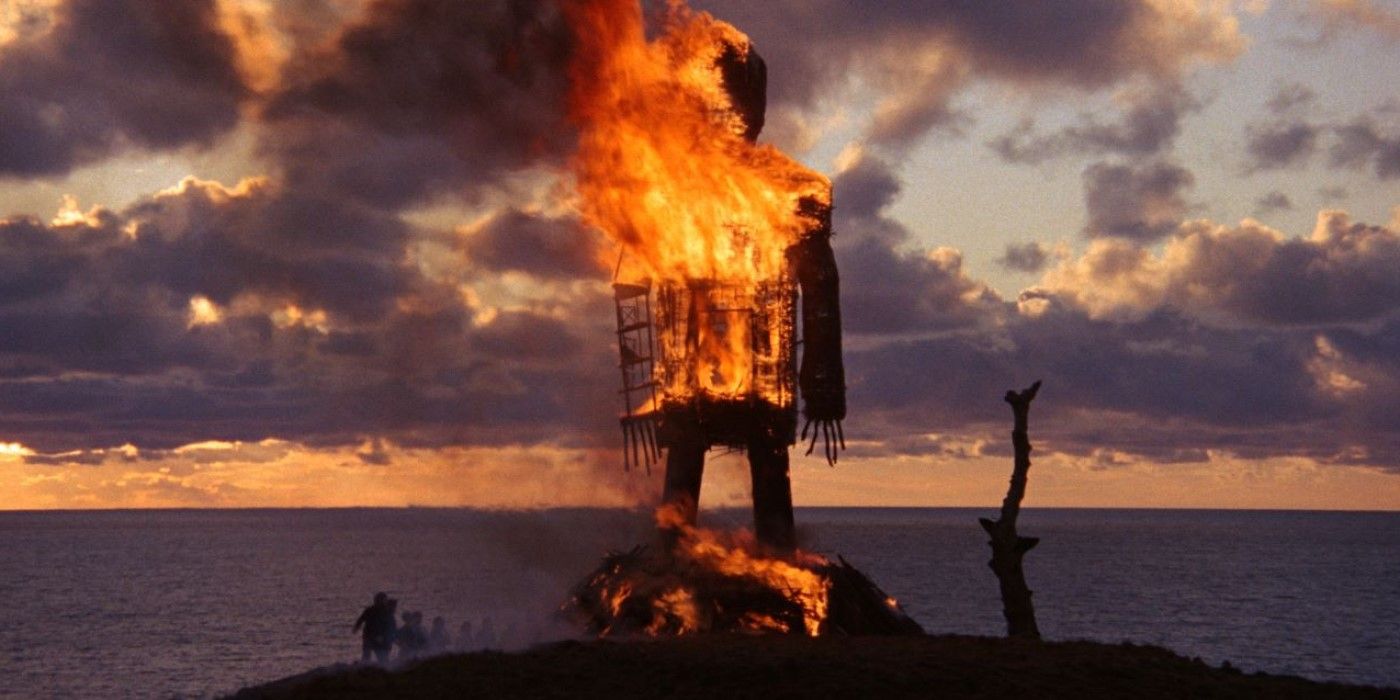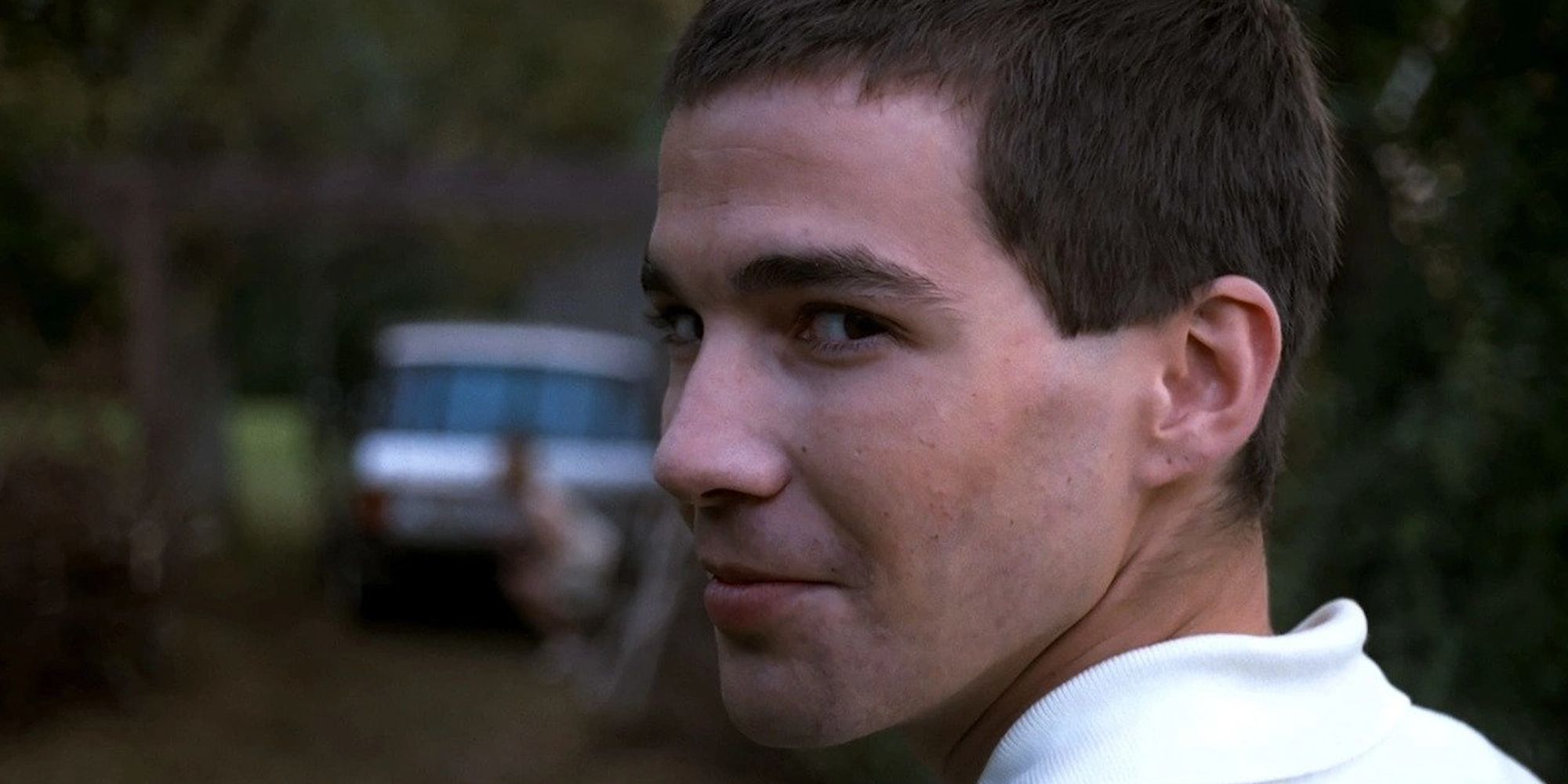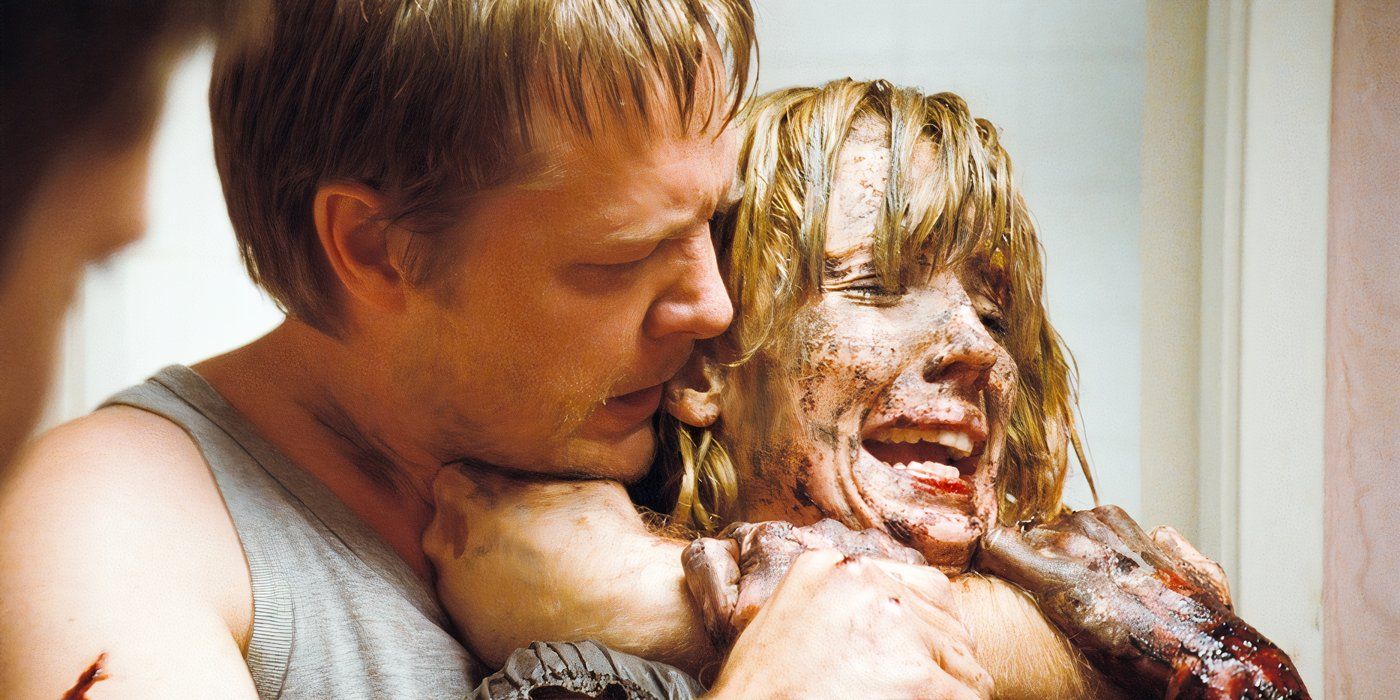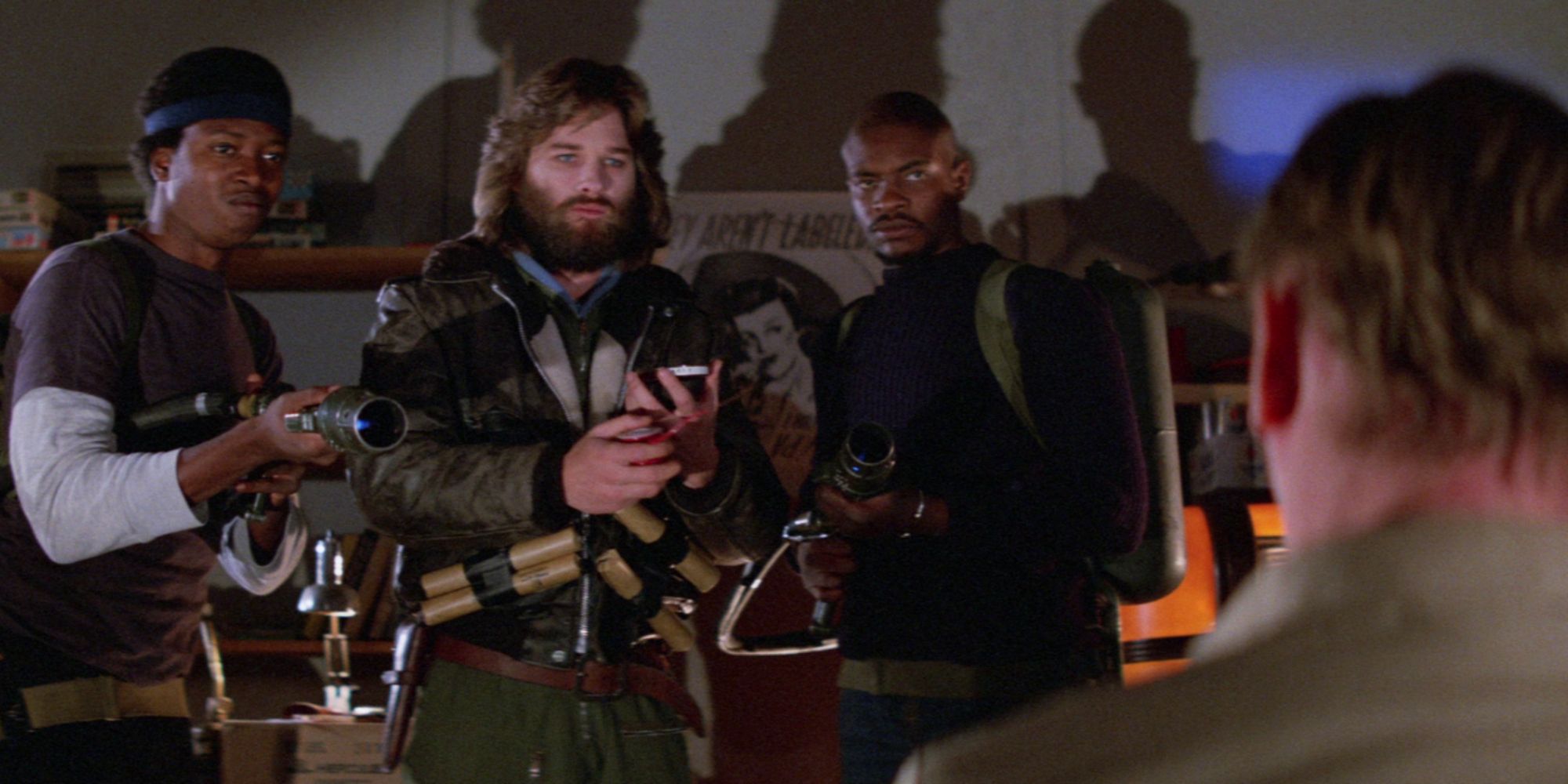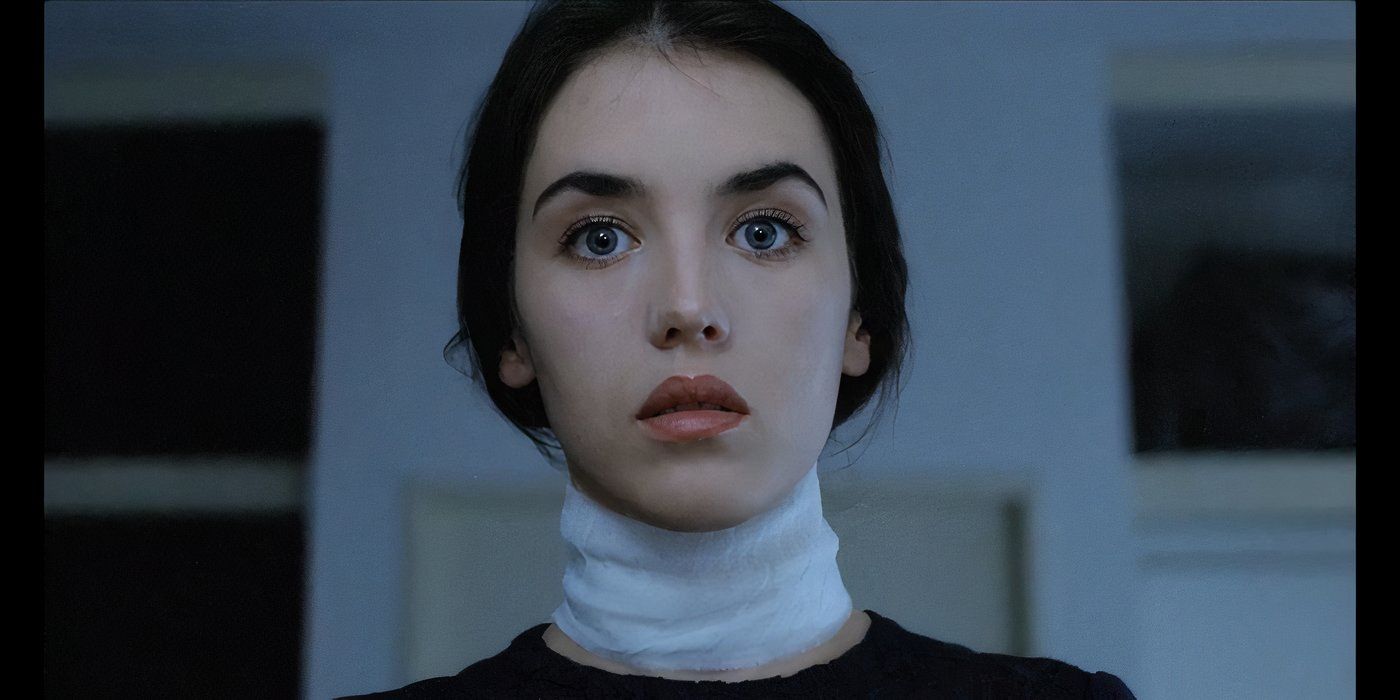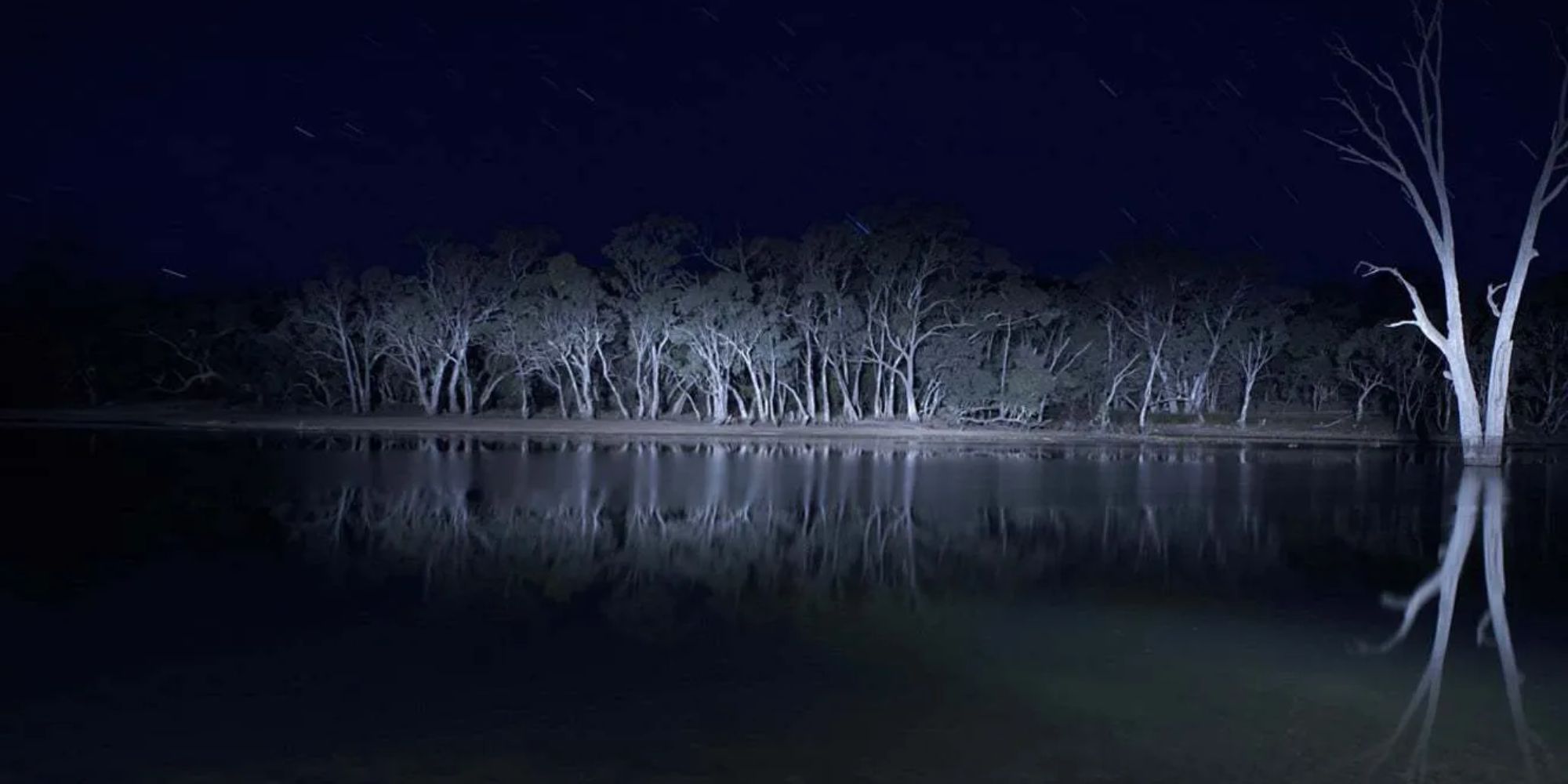Horror movies aren’t known for their happy endings. Still, a handful go beyond the norm, serving up finales that are truly bleak and frightening: The monster isn’t slain, the curse isn’t lifted, and the final girl doesn’t escape. Everywhere you look, there’s no redemption or salvation; indeed, everyone loses, and you are just as numb, trying to find some sense in what you just saw.
These are the stories that linger in your bones, denying you any victory, and sometimes denying you any resolution at all. The endings on this list are all cruel, bleak, and sometimes ambiguous, often as horrifying as the movie itself. In these ten horror films, no one walks away clean. No one wins, and that’s exactly why they’re great. All’s unwell that ends unwell.
10
‘The Mist’ (2007)
Directed by Frank Darabont
“There’s nothing out there. Nothing in the mist.” The Mist has one of the most crushing endings ever. What begins as a tense, contained monster movie in a small-town grocery store slowly mutates into something much darker: a study in fear, paranoia, and hopelessness. The real horror isn’t the Lovecraftian creatures circling the parking lot but the rising desperation and what it does to people when they’re cornered.
Thomas Jane‘s performance is heart-wrenching, especially when a decision made out of mercy becomes a lifelong torment. The final scene is a gut-punch that significantly elevates the whole movie, but is also bound to leave most viewers feeling a little hollow. This single narrative beat flips the whole thing into tragedy. Instead of catharsis, The Mist offers only punishment. The ending is famously bleaker than the one in Stephen King‘s original novella—so bleak, in fact, that King himself said he preferred it.
9
‘Hereditary’ (2018)
Directed by Ari Aster
“I never wanted to be your mother.” Hereditary is another movie that starts out dark and mercilessly descends as it rolls along. A family drama about grief and trauma gradually unravels into something demonic, cosmic, and utterly merciless. But the true terror of Hereditary isn’t just in its supernatural twists, but in the raw, human suffering at its core. No character in this film is spared; not emotionally, not spiritually, not physically. Some are harmed, while others must endure that harm’s festering impact.
Toni Collette‘s Annie, in particular, is one of the most emotionally volatile characters in modern horror; grief-stricken, furious, lost. Her family crumbles around her, and every attempt at healing only digs the hole deeper. As if this weren’t enough, Hereditary‘s final act unleashes full-blown cult horror. Here, trauma is like a family curse that no one can escape. Man hands on misery to man, and once the ritual is complete, the silence is deafening.
8
‘The Descent’ (2005)
Directed by Neil Marshall
“I’m an English teacher, not f—ing Tomb Raider!” While not as emotionally devastating as Hereditary, The Descent is still claustrophobic, visceral, and absolutely merciless. In it, a group of women descends into an uncharted cave system, hoping for adventure and healing. Instead, they only find darkness, isolation, and unspeakable creatures lurking beneath the earth. Even without the monsters, the film would be terrifying. The cave itself is an ever-tightening grip, crushing both hope and air.
It helps that the main characters are layered and well-written, no mere stick figures. They’re fractured souls bringing trauma into a hell with no exits. Betrayals surface, trust shatters, and in the end, there’s no rescue. Depending on which version you see, The Descent‘s ending is either grim… or even grimmer because it doesn’t believe in escape. In that final scream, whether muffled by earth or echoing in solitude, you realize this was never a survival story at all.
7
‘The Wicker Man’ (1973)
Directed by Robin Hardy
“Come. It is time to keep your appointment with the Wicker Man.” The Wicker Man is the apotheosis of folk horror and the ultimate slow-burn trap, one that only reveals its full horror when it’s far too late. From the moment Sergeant Howie (Edward Woodward) lands on the isolated island of Summerisle, everything feels off. The townspeople are evasive, the children sing unsettling songs, and pagan rituals seem to have replaced any trace of Christianity (or modernity). But Howie, with his rigid piety and moral superiority, never considers that he might be the prey.
The final act is one of the most harrowing in horror. The terror lies in the community’s unity, in the absolute certainty of their belief. A lesser movie would’ve ended in death, but The Wicker Man ends with total ideological defeat. The screams are real, the flames are real, and the gods, well, they seem more plausible than they did at the outset.
6
‘Funny Games’ (1997)
Directed by Michael Haneke
“Why are you doing this?” “Why not?” Two young men in white gloves (Arno Frisch and Frank Giering) invade a family’s vacation home, speaking politely while committing unspeakable acts. The tension is unbearable, expertly controlled by Michael Haneke (director of Caché and Amour). Still, the real cruelty is in the film’s refusal to play by any comforting rules. Every time you think it might give you hope, it slaps your hand away.
Funny Games is a film that hates you, and that’s the point. It’s not meant to thrill or satisfy. Its goal is to expose the audience’s complicity in cinematic violence and deny them every expected release. Haneke obliterates the fourth wall, with characters addressing the audience directly and even rewinding time to undo moments of rebellion. The result is a provocation, a dare, a moral sledgehammer. The English-language remake isn’t as intense, but the original hits hard.
5
‘Eden Lake’ (2008)
Directed by James Watkins
“It’s gonna be alright.” Eden Lake is a movie drowning in hopelessness. A couple’s quiet weekend getaway devolves into a nightmare when they cross paths with a group of violent local youths. The ordeal that follows is truly dehumanizing. The woods become a maze of pain where mercy has no place in what feels like a British mishmash of Deliverance and Straw Dogs. By the end, the audience, like the protagonists, has been dragged through hell.
Kelly Reilly‘s performance is raw and desperate, and her transformation from tourist to survivor is gutting. Michael Fassbender is likewise great as the poor, doomed Steve. Eden Lake ends not with the heroes’ escape, but with a system that protects its monsters. There is no redemption, no justice, no lessons learned. Not everyone appreciated the movie’s undertones of classic conflict, but the movie is worth checking out just for the performances and tense storytelling.
4
‘The Thing’ (1982)
Directed by John Carpenter
“I know I’m human. And if you were all these things, then you’d just attack me right now.” The Thing is a masterpiece of paranoia, isolation, and existential dread. Set in a frozen Antarctic outpost, it strips humanity down to its most primal fears: of infection, of imitation, of being alone with something you can’t trust. While the creature itself is horrifying (largely thanks to the cutting-edge practical effects), the deeper terror is found in not knowing who’s real and who’s already gone. Even in its final seconds, the film refuses to give you an answer.
On the acting front, Kurt Russell‘s MacReady is gruff, determined, and ultimately resigned. His final scene with Childs (Keith David) is one of the coldest endings in the genre, not just literally, but spiritually. The fire is dying, and so is any hope of survival; even worse is that one of them might already be the Thing. Suspicion, ruin, and a bitter stalemate.
3
‘Possession’ (1981)
Directed by Andrzej Żuławski
“Almost. Almost.” Possession is what happens when horror turns inward. It’s emotional collapse meets physical monstrosity. Set in a divided Berlin, the story focuses on a crumbling marriage that spirals into violence, espionage, tentacled nightmares, and doppelgängers. But for all its surreal and grotesque imagery, the movie manages to be psychologically real. Even as reality warps, the characters and their emotions are grimly believable.
Isabelle Adjani gives one of the most feral, fearless, scenery-chewing performances ever. Her subway breakdown is iconic, but it’s only one of many scenes where grief, lust, and madness bleed together. Sam Neill is also in top form opposite her as husband (and spy) Mark. Possession builds toward apocalypse, not closure, and when it comes, it’s quiet, uncanny, and almost weirdly peaceful. It’s devastation by way of allegory. Not everyone appreciated this ambiguity on release, but Possession has since rightly become a cult movie and a horror classic.
2
‘The Night House’ (2020)
Directed by David Bruckner
“There is nothing. Nothing after you die.” The Night House is one of the most quietly brutal horrors in recent years. It’s about a woman (Rebecca Hall) alone in a lakeside house, grieving her husband’s unexpected suicide. But what unfolds is more than a ghost story. Really, it’s a puzzle-box of guilt, nihilism, and psychological fragmentation. The more Beth uncovers about her husband, the more she questions what she really knew, and what he left behind. And the answer, when it comes, is a missive straight from the abyss.
Hall carries the film with a performance that’s restrained, sardonic, and aching. The horror is intimate: reflections that move wrong, footsteps in empty rooms, a presence that calls itself Nothing. Through these minimalist elements, The Night House becomes about the void, not just the one left behind by a loved one’s death, but the existential one that might be waiting for us all.
1
‘Lake Mungo’ (2008)
Directed by Joel Anderson
“We all just stopped being who we were.” Like The Night House, Lake Mungo masquerades as a ghost story. Beneath the genre trappings, however, it’s a quiet, bruising exploration of loss, secrecy, and the unbearable weight of knowing someone only after they’re gone. Told through faux-documentary interviews, it follows a family unraveling in the wake of their daughter’s drowning. And the deeper they dig, the stranger (and sadder) their reality becomes. The final revelation is complex, sad, and existential, open to various interpretations.
There are frights here, most of them subtle and uncanny, one a vicious jump-scare. Yet the emotional truth is what really lands. As more footage emerges, it becomes clear that the haunting isn’t about malevolent spirits but about the things we hide from each other and never say. The ending eschews carnage or action for a long, silent goodbye, the ache of loss, reverberating like a ripple across still water.

